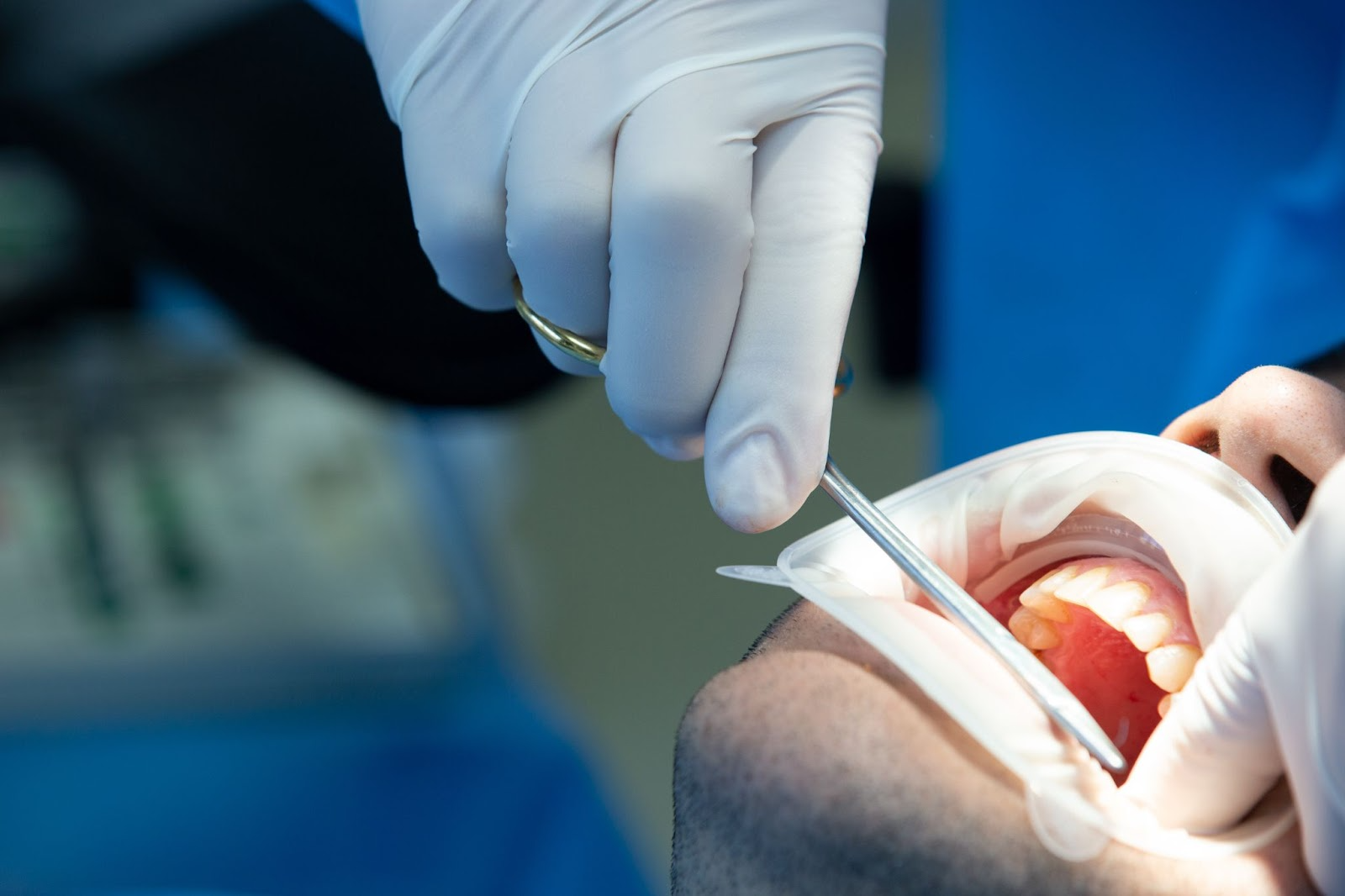5 Common Types of Oral Surgery

According to WHO (World Health Organization), oral diseases affect nearly 3.5 billion people around the world.
CDC (Centres for Disease Control and Prevention) has published a report stating a loss of $45 billion to the US productivity due to untreated dental disease.
The question is, why don't people go for oral treatments?
Well, some of the possible reasons are fear and lack of awareness.
If you are one of them, here are 5 common types of oral surgeries performed by your oral surgeon in Brooklyn.
1.Tooth Extraction

Millions of people around the world go for tooth removal surgery for one reason or another. The possible causes for tooth removal are decay, and infection in the tooth. This causes pain and thus demands skilled oral surgeons to perform surgery.
A numbing agent is used to make the procedure painless. Once the tooth is extracted, the socket is cleaned properly. If necessary, a suture will be placed into the wound to prevent both infection and pain. This also speeds up the recovery process.
2. Dental Implants
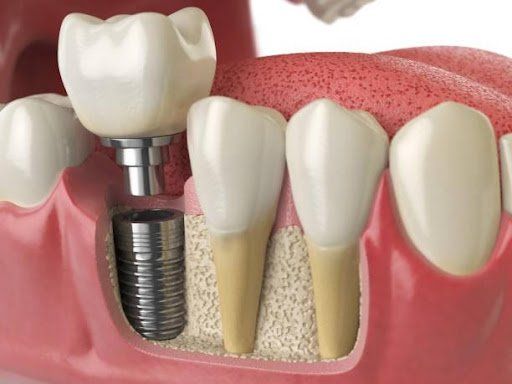
This surgery is performed when people lose a single tooth or many teeth in a visible location. In this, the natural tooth or teeth are often replaced with dental implants. This surgery is extensive thus requires several visits.
Generally, your oral surgeon implants a post through the gum into the jawbone for every tooth being replaced. There are many cases in which bone grafting is carried out to provide post adequate support. This surgery helps to restore proper jaw alignment and chewing function.
3. Wisdom Tooth Extraction
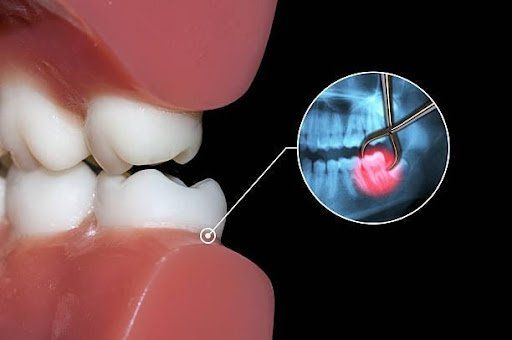
This surgery is performed to extract the last third of molars in the jaw of an adult. These molars appear in adults between 17 to 25 years of age. They are not so crucial but if there is no adequate space for them to grow, they cause both decay and jaw pain.To prevent this from happening they are extracted.
Once extracted the site is stitched to prevent excessive bleeding and infection. Your oral surgeon in Brooklyn will advise you to undergo safe practices and hygiene. This will ensure quick healing.4. Root Canal Surgery
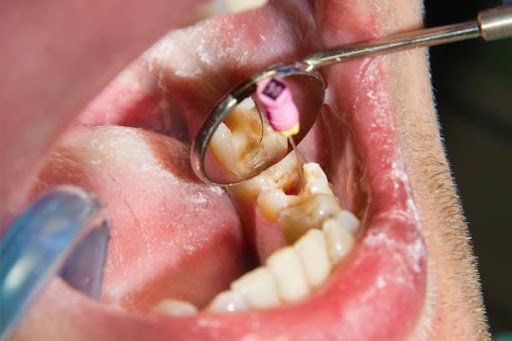
The dental pulp is very sensitive as it contains blood vessels, tissues, and nerve endings. So when the bacteria attacks and infect the pulp, the jaws get swollen. Some people encounter huge pain.
The best option to prevent both swelling and pain is to go for root canal surgery. Once the affected portion of teeth is extracted, both tooth decay and pain will stop. This procedure saves full tooth extraction.
5. Apicoectomy
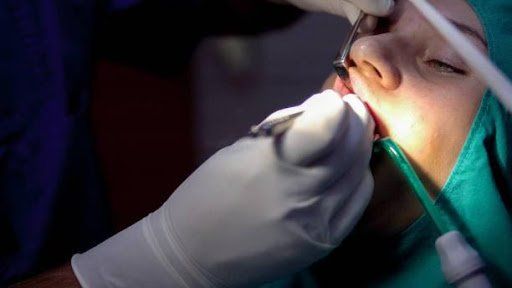
Sometimes the tooth’s root is hooked at the bottom. This prevents the root canal procedure as dental instruments can't reach the tip of the root. But if nerve material is left unremoved, it can cause infection. So maxillofacial and oral surgeons go for apicoectomies.
In an apicoectomy, the tip of the root is removed carefully. Once it is removed the space is filled with inert material. This prevents both severe pain and infection.
An experienced surgeon takes adequate care to perform the required surgery without giving you severe pain during or after surgery.




